Maths at WFIS & Nursery
Mathematics is one of the most important subjects in the curriculum. Maths is a tool which unlocks a wide range of activities and is essential for adult life. It enhances the ability to think in a systematic and logical way.
At WFIS and Nursery we deliver a high quality Mastery Curriculum in Mathematics which, in turn, provides a foundation for understanding the world, the ability to reason mathematically, an appreciation of the beauty and power of Mathematics, and a sense of enjoyment and curiosity about the subject.
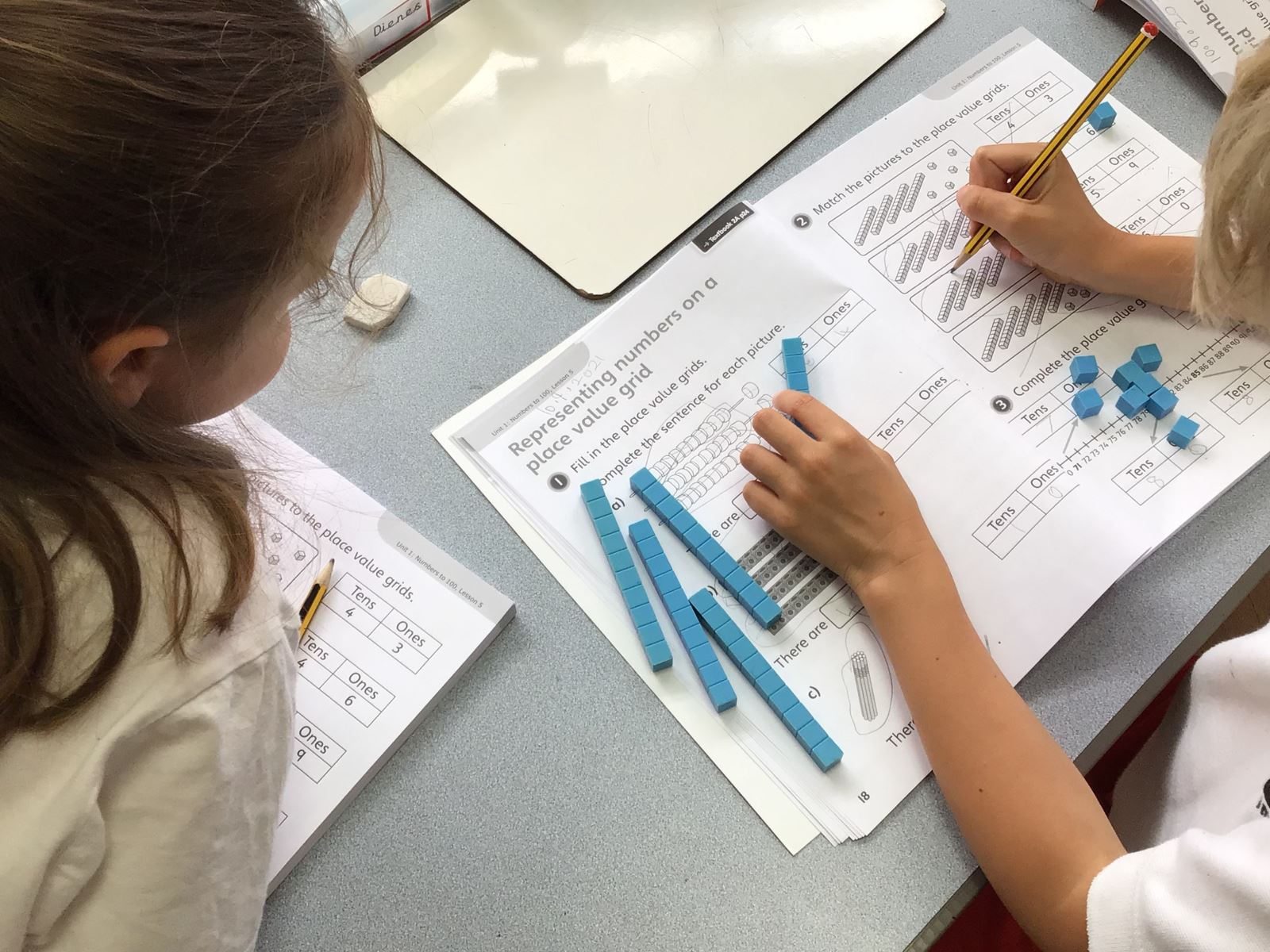
Since the introduction of the Mastery approach in 2019, we have adapted our Teaching and Learning to follow the new developments and our Policies coincide with this. At WFIS we follow the White Rose Maths Mastery scheme and the NCETM (National Centre for Excellence in the Teaching of Mathematics) Mastering Number Programme.
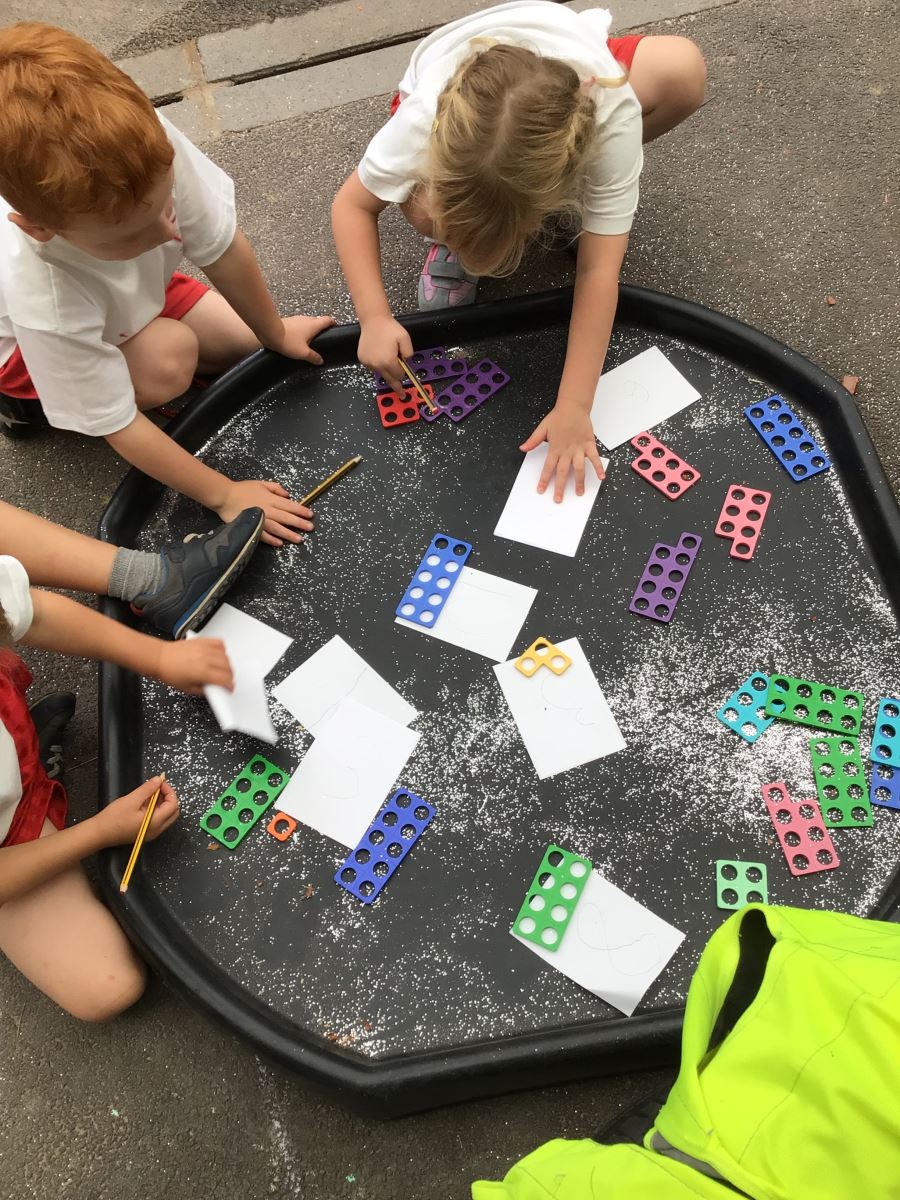
Our Maths lead at WFIS and Nursery is a Primary Maths Mastery Specialist and LLME (Local Leader of Mathematics Education) with the NCETM. Part of this role involves supporting teachers with training and development to ensure they have the right knowledge and skills to deliver high quality maths lessons in their own settings. This ensures that our children's maths lessons have a high impact on outcomes.
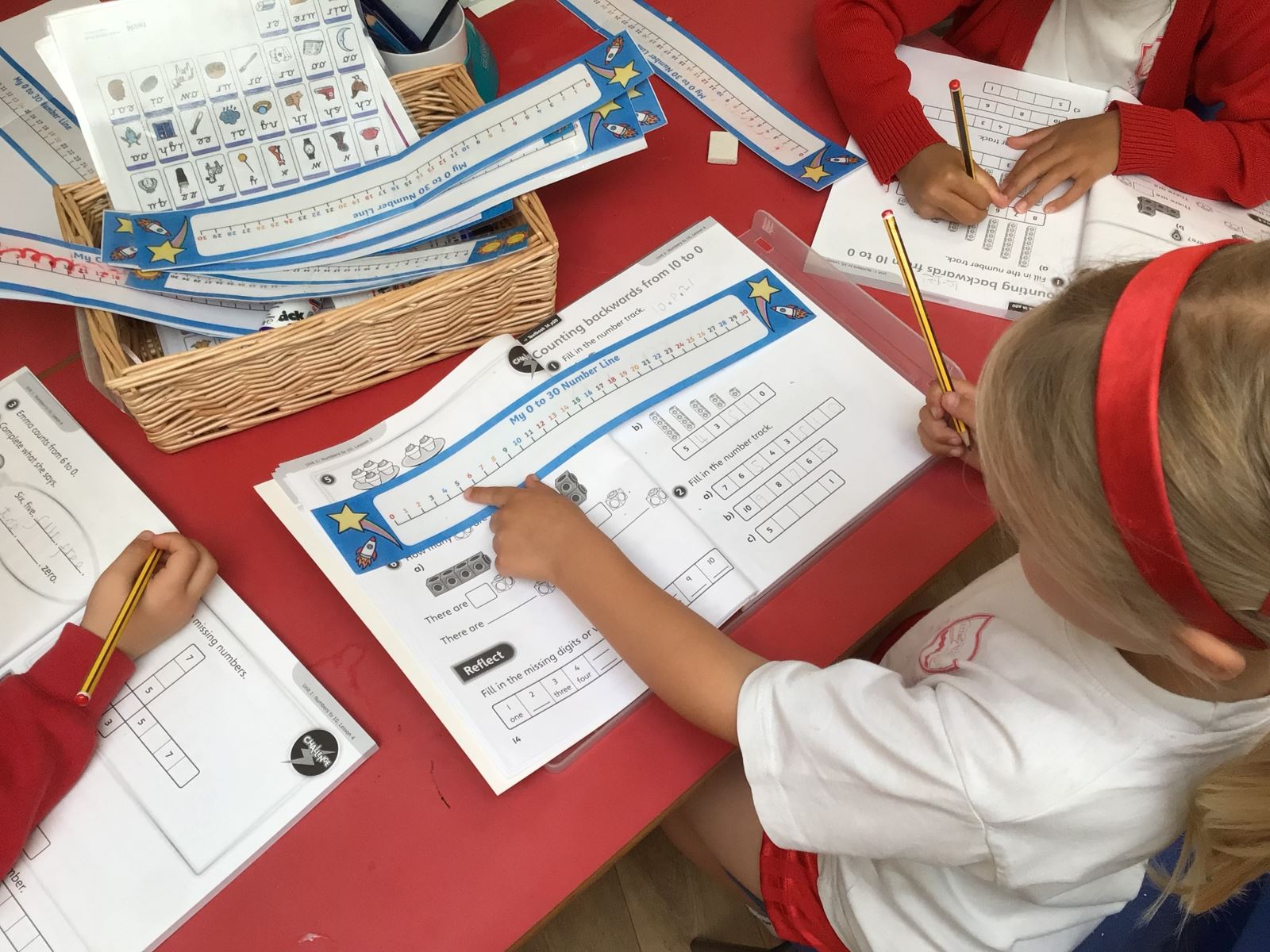
What is White Rose Maths?
The White Rose Maths scheme (recommended by the Department for Education) has been carefully chosen by us. White Rose Maths is a UK curriculum mastery programme designed to spark curiosity and excitement, and nurture confidence in maths. It provides high quality teaching resources to ensure consistency across the school. This supports the aims and objectives of the National Curriculum, embracing the underlying principle of the mastery approach. A series of small cumulative steps have been constructed for each area of mathematics in order for all children to build a solid foundation of deep mathematical understanding. For each year group, the curriculum is broken down into core concepts, taught in blocks. A block divides into smaller learning steps. Step by step, strong foundations of knowledge, skill and understanding are built.
The Calculations Policy sets out the guidelines that teachers follow in teaching the four calculations to children. As the children progress through the school, they will learn new ways of solving problems using a variety of different methods. This is to give all children the opportunity to find a process that works best for them.
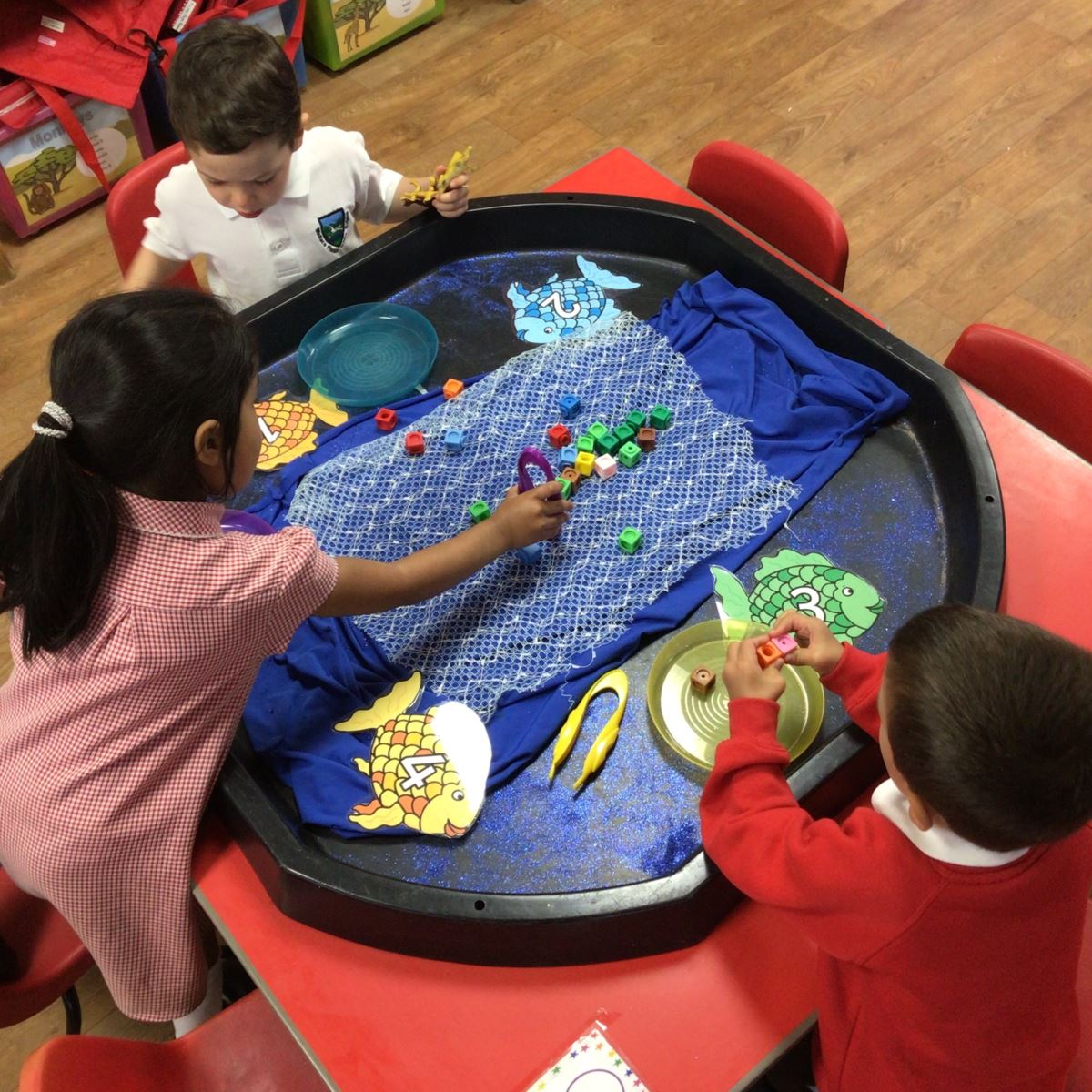
Please click here to view our Mathematics Calculation Policy: Key Stage 1
What does Maths Mastery mean?
Since the introduction of Mastery in Mathematics, there has been a lot of confusion over what this actually means. Below we have detailed the basics for you, to help you understand this concept.
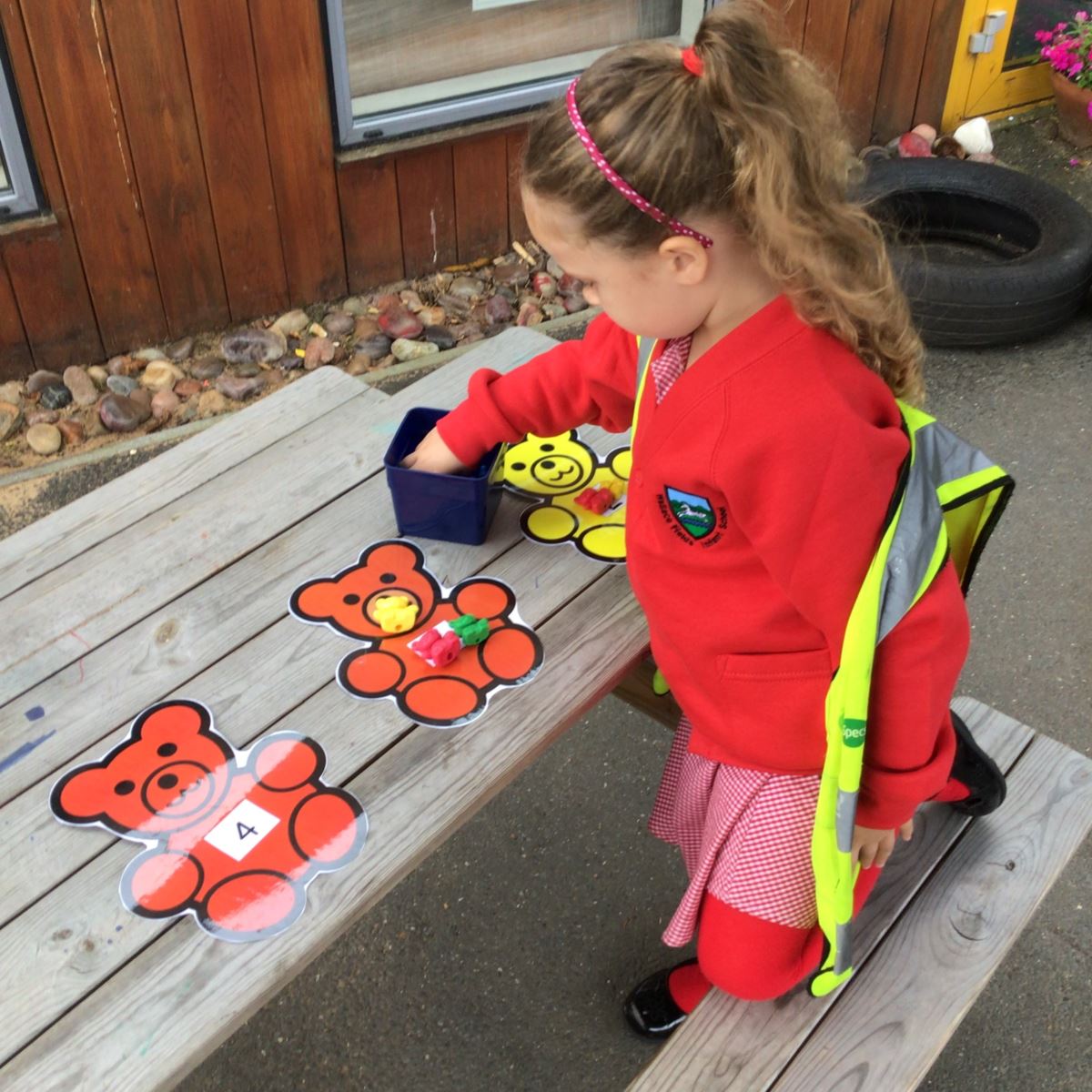
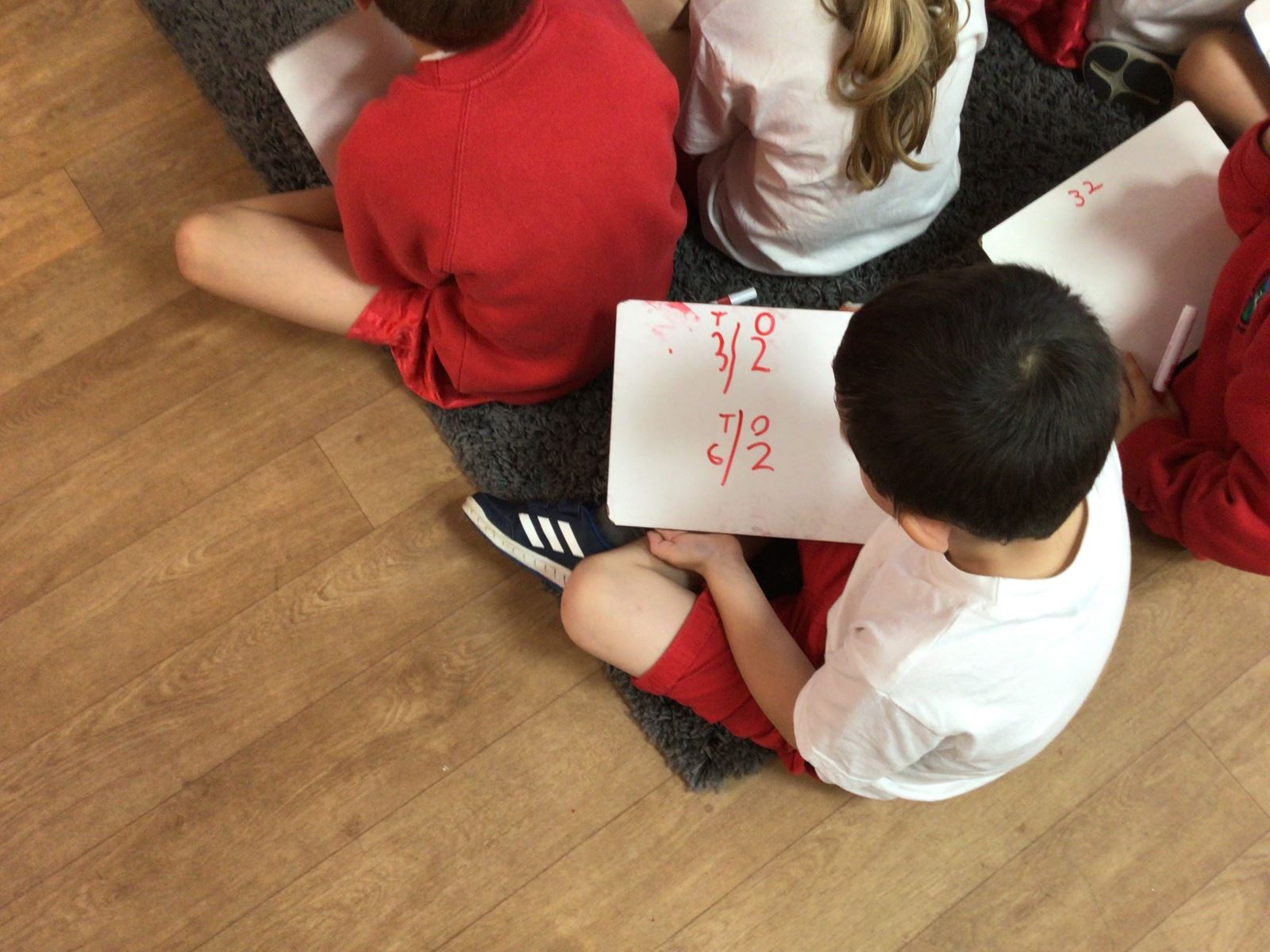
Mastering Maths means acquiring a deep, long-term, secure and adaptable understanding of the subject. At any one point in a pupil’s journey through school, achieving mastery is taken to mean acquiring a solid enough understanding of the maths that’s been taught to enable them move on to more advanced material.
Some people confuse mastery with Greater Depth. This is not the case, they are two very different things. All children in our school have access to a Mastery curriculum which is based on the idea of ensuring all children have 'mastered' their Mathematics and secured a deepened understanding (as mentioned above). Greater Depth refers to pupils who show a higher level of understanding for an area or aspect of learning and are able to challenge themselves further with new concepts and ideas.
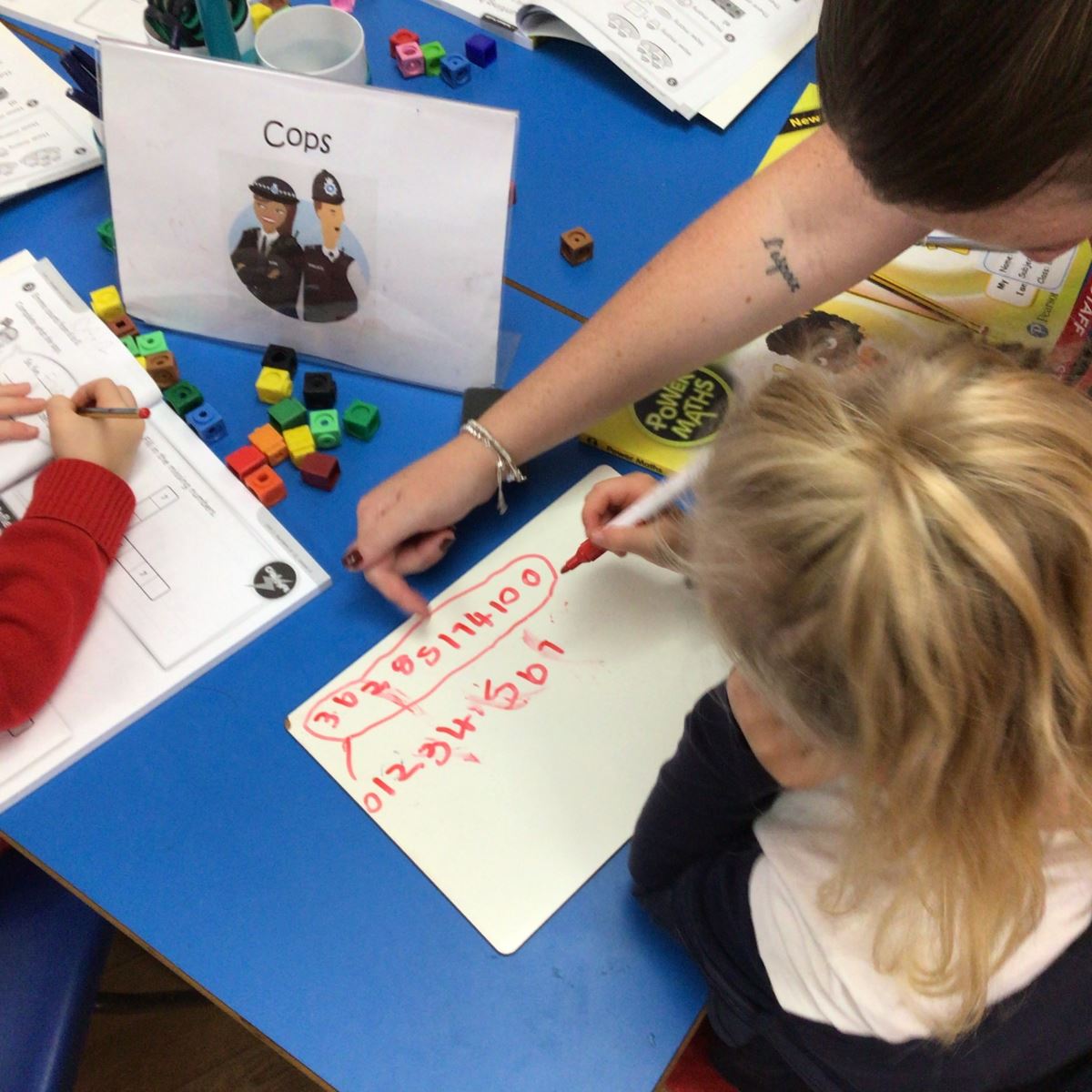
We welcome you to watch the below video:
Power Maths lessons at WFIS include the following:
![]() Coherence
Coherence
Connecting new ideas to concepts that have already been understood, and ensuring that, once understood and mastered, new ideas are used again in next steps of learning, all steps being small steps
![]() Representation and Structure
Representation and Structure
Representations used in lessons expose the mathematical structure being taught, the aim being that students can do the maths without recourse to the representation
 Mathematical Thinking
Mathematical Thinking
If taught ideas are to be understood deeply, they must not merely be passively received but must be worked on by the student: thought about, reasoned with and discussed with others
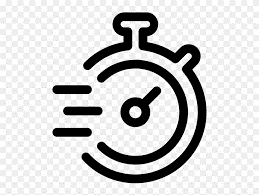 Fluency
Fluency
Quick and efficient recall of facts and procedures and the flexibility to move between different contexts and representations of mathematics
![]() Variation
Variation
Varying the way a concept is initially presented to students, by giving examples that display a concept as well as those that don’t display it. Also, carefully varying practice questions so that mechanical repetition is avoided, and thinking is encouraged.
Why do we teach what we teach?
Six key skills:
- Problem-solving and reasoning
- Independence
- Listening
- Resilience
- Number sense
- Team work
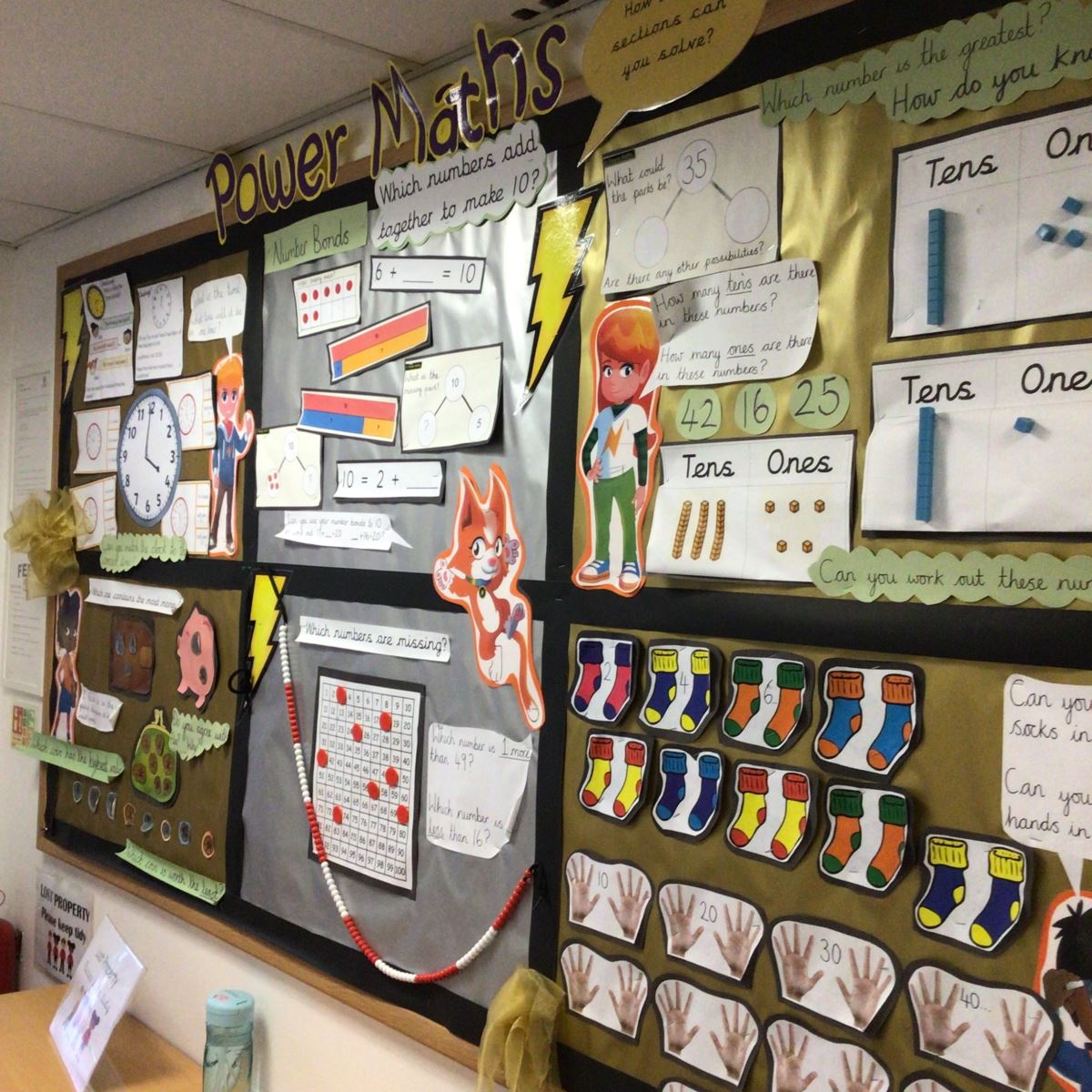
Mastering Number
In Reception, Mastering Number is taught in tandem with White Rose Maths as the main maths input each day. Mastering Number covers all number aspects developing fluency and flexibility with number and White Rose Maths covers pattern, measurement, time and shape.
In Key Stage 1, in addition to Mathematics lessons, children also take part in ‘Mastering Number’ sessions. These sessions aim to secure firm foundations in the development of good number sense for all children from Reception through to Year 2. The aim over time is that children will leave KS1 with fluency in calculation and a confidence and flexibility with number.
This programme focuses on the key knowledge and understanding needed in Reception classes, and progression through KS1. Our Maths lead delivers the central training for many participating schools in Surrey.
Practical Maths Resources
When introducing new concepts, we use the concrete, pictorial, abstract approach in order to embed understanding and build competency. The concrete stage encourages children to use hands on resources such as counters, cubes, dienes, numicon, tens frames, bead strings etc.
Useful Maths Website Links
CBeebies Maths - https://www.bbc.co.uk/cbeebies/topics/numeracy
BBC Bitesize Key Stage 1 - https://www.bbc.co.uk/bitesize/subjects/zjxhfg8
TopMarks - https://www.topmarks.co.uk/maths-games/5-7-years/counting
Crickweb Early years - http://www.crickweb.co.uk/Early-Years.html
Maths Zone Games - https://mathszone.co.uk/
Primary Games Arena - http://www.primarygamesarena.com/Subjects/Maths
Useful Maths Apps Available for Android or Apple Devices
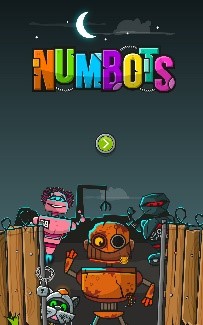
NumBots (Your child will have a school login for this)
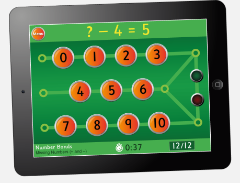
Topmarks App Hit the Button

Doodle Maths
